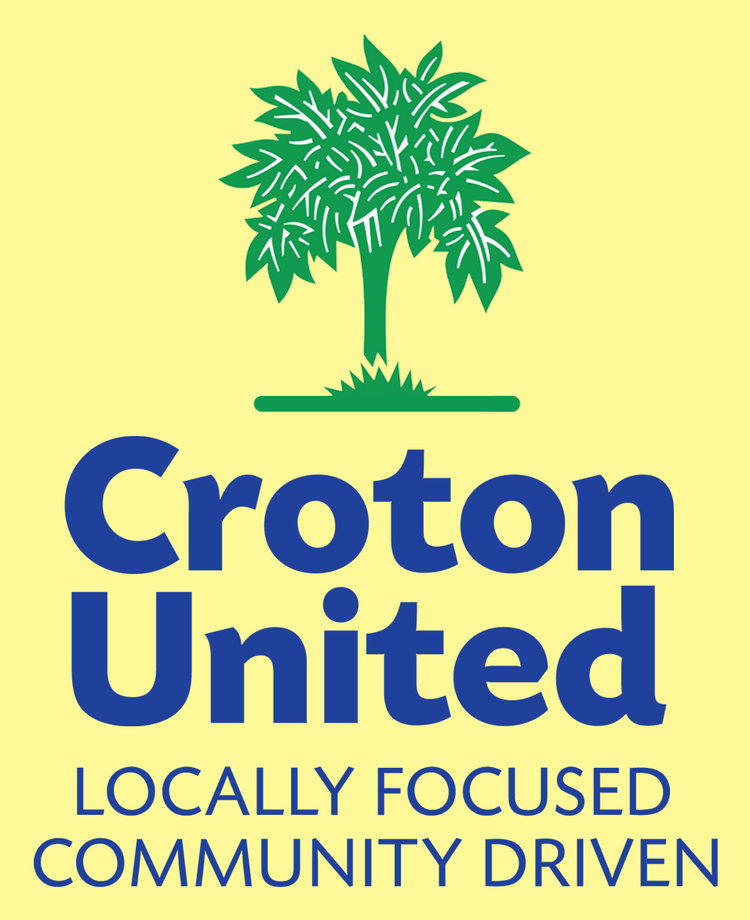Croton United would like to extend its congratulations to the Town of Cortlandt on the completion of the town’s two-year, $4 million road repaving project. That work was performed with funds appropriated in the town’s highway budget and did not require a cent of borrowed money. It was a pay-as-you-go project and did not add any town debt. In fact, the town announced that it’s debt is “the lowest it’s been in thirty years.”
Source: Town of Cortlandt press release
Similarly, the Croton-Harmon School district has completed about $15 million in capital projects over the past six years, also without any need for borrowing and increasing its debt.
So, as has been demonstrated by the two government entities closest to Croton, prudent fiscal planning and management can result in needed capital projects moving forward without burdening their constituents with an ever increasing debt load.
Change in Bond Debt: Town of Cortlandt vs. Croton
Yet the Wiegman administration in Croton seems incapable of this kind of fiscal management, and piles debt upon debt upon debt for the citizens of our village. While Cortlandt and the School District are able to fund major projects without borrowing, the Wiegman Dems feel obligated to borrow such trivial amounts as $4,000 for fixing a light pole, rather than including such expenditures in the expense budget where they belong.
Source: Town of Cortlandt 2015 Master Plan committee meeting minutes
If our neighbors can make major capital improvements without massive borrowing, why can’t we? All it takes is a firm commitment to fiscal sustainability and the initiation of intelligent long term planning and financial management practices. It's obviously an achievable goal, but the Wiegman Dems patently refuse to follow such a path.
When elected, the Croton United Team’s first priority will be the get the village’s fiscal house in order. The examples that surround us show us that fiscally sustainable policies can work when there is the willingness and discipline to do so.


